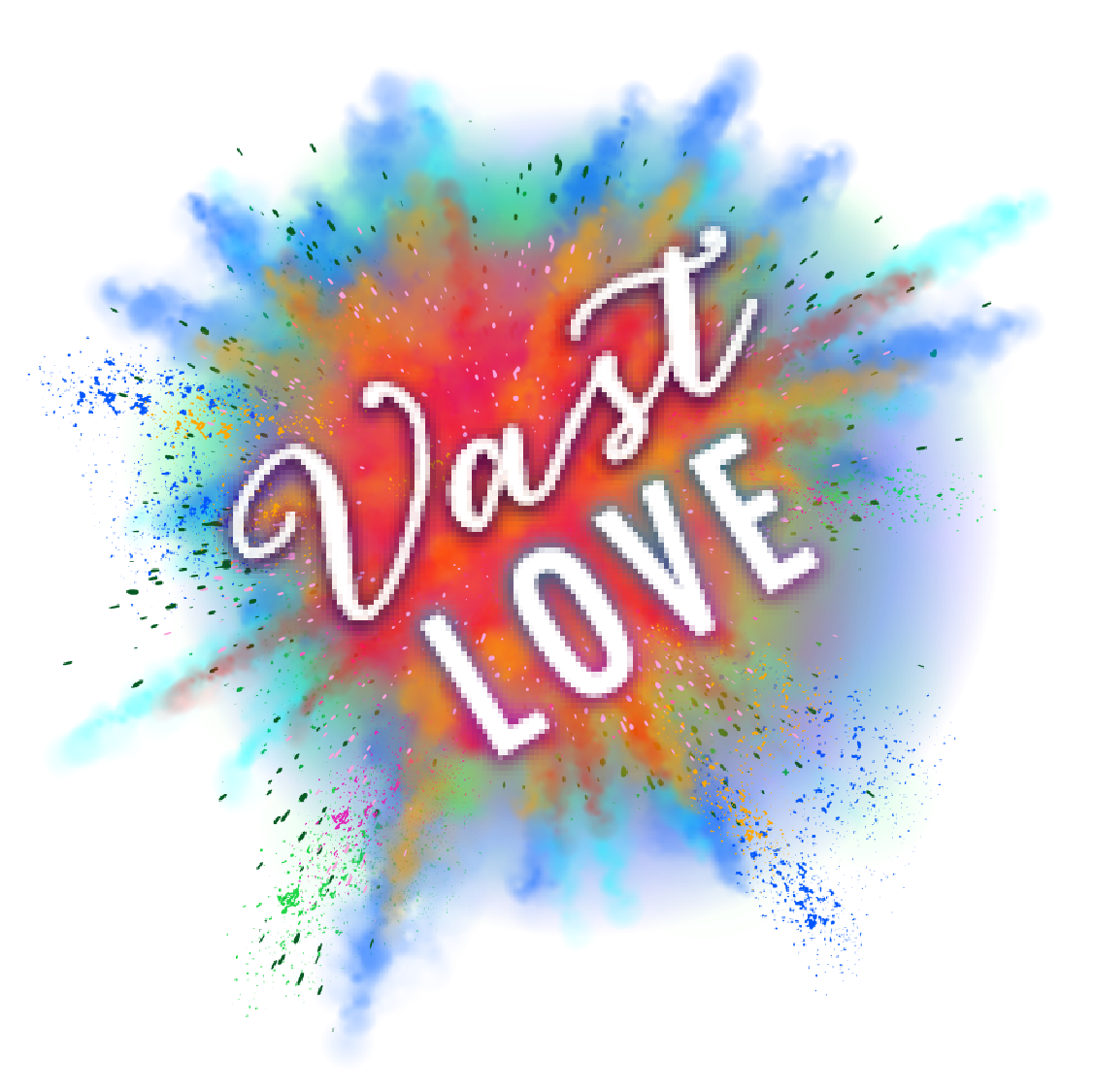


open relationship therapist
open relationship therapist
DECIDING WHAT'S RIGHT FOR YOU...
With dual training of counseling and life coaching within our staff we are especially qualified to help you decide which service would be the most ideal fit for you. We’re also able to blend expertise in both fields to provide clients with support that's clinically informed, evidence-based, action-oriented, and effective in creating tangible positive results. Below I've outlined some of the key differences between Therapy and Coaching. Schedule your free session today to talk with us about which service could best help you in creating the life and love(s) you most truly desire!
SOME KEY DIFFERENCES:
COACHES
Primarily solution, present, and future focused
Free to be less formal in regards to structure, meeting places, and general creativity
Don't diagnose or treat mental disorders
Don't treat past trauma
Goal oriented with focus primarily on "how"
Able to share more personal experiences when relevant
Can work with clients online from anywhere and talk to clients in less formal means like texting/online messaging
Can communicate with clients spontaneously during times of high stress/anxiety when schedules allow
Able to more easily incorporate nature and out of the box adventures into client's support plans
Collaborative dynamics are created, in which clients are empowered as experts of their own lives/desires
Minimal education or experience is necessary for someone to work as a "coach" so there is a higher degree of variability in qualifications of people providing this service
There is no regulating board overseeing ethical violations and enforcing a designated standard of care
THERAPISTS
Are more past focused than coaches
Expected by a regulatory board to maintain a formal and consistent counseling structure, typically 50 minutes sessions weekly in a private office space
Qualified to diagnose and treat mental disorders
Qualified to address recovery from past trauma
More healing and "why" focused than coaches
Self disclosure less encouraged than in coaching
Must only work with clients who live in the states where they're licensed (California for our licensed clinicians)
There is often a power differential, in which therapists are viewed as "experts". This can be helpful in some circumstances and less ideal in others
To become a therapist one must attain a Master's level education, complete 3,000 Clinical supervised hours of training, and pass two regulatory exams ensuring competency for providing high quality services
The Board of Behavioral Sciences outlines and enforces ethical guidelines to ensure a high standard of care within the field

